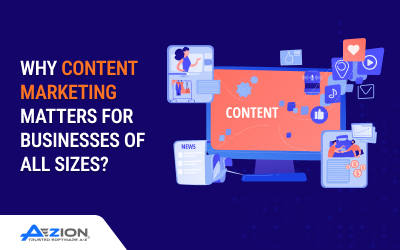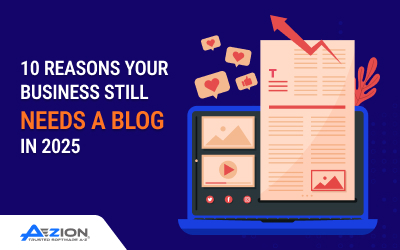Introduction
Collecting consumer data is critical for sales, digital marketing, and customer engagement. But storing this data in multiple systems and databases can be a challenge for organizations like yours. Say marketers keep some customer data in Salesforce. Some data in another CRM. Some data in an ERP or DMP. How can they track customer insights with fragmented data in multiple locations? The answer: A customer data platform (CDP).
What Is a CDP?
A customer data platform (CDP) is software that enables a centralized customer database for marketing. These programs aggregate data from multiple systems (Salesforce, CRMs, DMPs, etc.) so users have a single source of truth for customer data. CDPs enable marketers to generate deep data insights about customers that aren’t possible with platforms like CRMs. That’s because developers created these programs exclusively for marketers, not customer service agents. CDPs don’t replace other software but consolidate data to create a unified database of siloed data stored in other platforms. The result? Marketers can generate business intelligence about customers across all touchpoints and create a single data profile for each consumer. Read more: Why Content Marketing Matters for Businesses of All Sizes
CDP Use Cases
- More organizations are adding CDPs to their tech stacks. Here are some examples of how your marketers might benefit from this software:
- It’s difficult to track customer touchpoints when you have multiple databases, especially when these platforms don’t sync with each other. In this scenario, data can exist in silos, making it hard to generate meaningful insights for marketing. Investing in a CDP brings all that data into one unified system for more accurate data insights
- Marketers might struggle to upsell and cross-sell products and services if customer data exists on multiple platforms. Using a CDP, however, collects customer behavioral data from various sources and merges it into one system so marketers have all the information they require when interacting with consumers.
- With ever-stringent data governance regulations, marketers need to collect, process, and share customer data ethically and legally. Otherwise, organizations can receive expensive fines for non-compliance with frameworks like HIPAA and GDPR. Because CDP centralizes customer data, it’s easier to adhere to laws associated with data collection and processing. Users can also manage consent preferences from customers about how organizations share their data.
Read more: How You Can Increase Deals with an Online Quote Builder.
Benefits of a Customer Data Platform (CDP)
CDPs streamline many marketing tasks such as lead generation, segmentation, outreach, and campaign management. That’s because marketers have access to all customer touchpoints in one system instead of relying on siloed data stored in multiple platforms. Here are some benefits of these systems:
- More personalized data: Unlike DMPs, CDPs gather data from an incredible range of sources so marketers can develop more personalized customer-facing campaigns. Users of these systems can access behavioral, demographic, and identity data in one place.
- Access to online and offline touchpoints: CRMs only pull data from online sources; CDPs generate data insights from online and offline sources.
- A better understanding of customers: With so much data at their fingertips, marketers get a better understanding of customers when they use a CDP. This knowledge results in more accurate and informative campaigns that provide your organization with a stronger return on your marketing investment.
- 360-degree view of customers: By combining data sources from various customer platforms, you get a unified view of all consumers on a single marketing tool.
Drawbacks of CDPs
Not all CDPs are equal. For the most successful outcomes, organizations need a customized system that aligns with their marketing objectives. This way, marketers have the bespoke CDP features they require to prospect, generate leads, and move customers through their marketing pipelines. A custom customer data platform (CDP) from Aezion allows marketers to carry out day-to-day tasks without worrying about siloed data. Learn more.
Final Word
Marketers need a single source of truth for customer data that helps them make smarter decisions in real-time. That’s why a customer data platform proves valuable for these professionals. Incorporating a custom-built CDP into your organization will consolidate customer data from multiple sources so marketers can generate deeper data insights that improve sales, engagement, and business growth.
Want to learn more about how a customer data platform (CDP) can benefit your marketing objectives? Contact Aezion now to discuss your customer data platform strategy.
Related Articles
This is article 2 of a 4-part series on Customer Data Management. You can view the related articles at the links below, or simply click to download our comprehensive Operational Guide to Customer Data Management and Integration White Paper:



